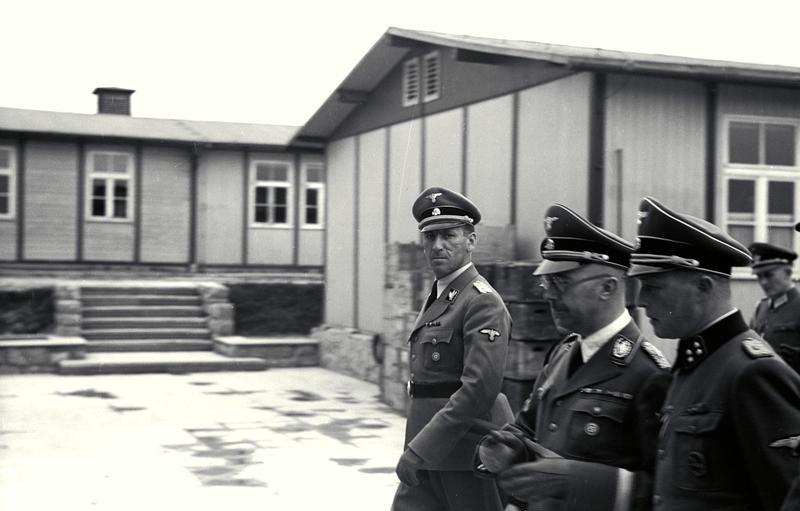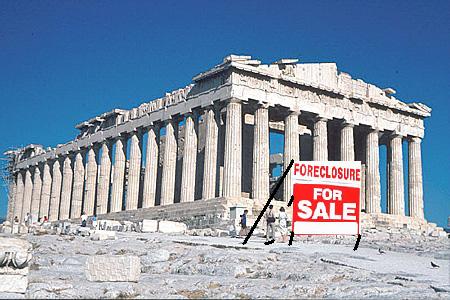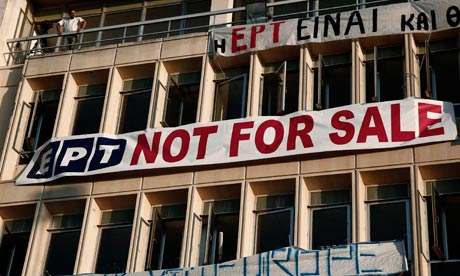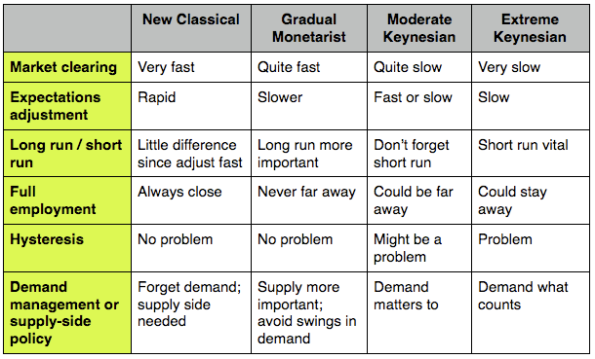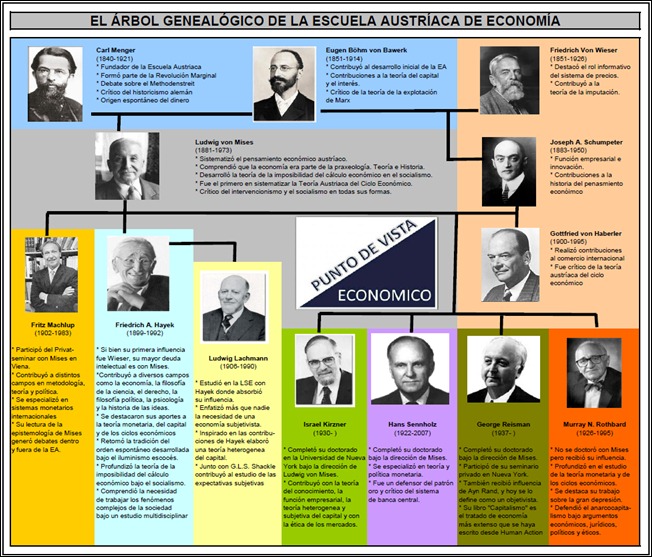NEW DEAL: ROOSEVELT AND KEYNESIANISM
Hello everybody!
Today, when we have arrived to the class, Paqui had copied a scheme on the blackboard about the New Deal. The New Deal was the program of the Democrat
Franklin Delano Roosevelt to solve the crisis of the Great Depression. He won the elections in November 1932. The New Deal was based on
John Maynard Keynes' ideas.
As we saw the other day Keynes was a British economist who proposed different solutions to go out from the Great Depression. He said that the State had to intervene in economy and increase public expenses, even if this meant increasing the State deficit. The State can intervene in economy investing in public works to create jobs and reduce unemployment, and he also said that the State can intervene stimulating production and consumption and reducing stocks.
As we are studying functions in Maths, I have added an image of the aggregate demand function invented by Keynes to increase consumption and recover economy:
Then we have talked about the elections in the USA. Paqui has said that the presidential elections of the USA are celebrated every month of November of the leap years in the correspondent Tuesday between the 2nd and the 8th day of this month. Then she has explained that an American president can't be in office of the government for more than two terms (in this case term is equal to four years) in charge of the government. It was written on the Constitution after Roosevelt's term in office. He was in charge of the executive power for twelve years. As I have said before, he was elected in 1932 and he left power when he died in 1945. He was replaced by his vice-president, Harry Truman, until the next elections. Truman continued to be the president because he won those elections. Truman was in charge of the Presidency of the USA until 1953. Fernando García has asked who the next one was and Paqui has said all the men who have been the president of the USA from Truman until Obama.

Presidents of the USA
There you can see the presidents of the USA from 1885. Maybe you remember
Theodore Roosevelt (maybe you remember the Roosevelt Corollary),
Wilson (he proposed the Fourteen-Point Plan to maintain peace after WW1 but his ideas weren't taken into account in many cases),
Hoover (the strong defender of
laissez-faire, who was in charge of the executive power before F.D.R.).
You can also see the presidents between
F.D.Roosevelt and Obama. They are
Truman (vice-president of Roosevelt),
Eisenhower (he was a famous general and he commanded a lot of USA troops during WW2),
Kennedy (he was killed when he was visiting Texas),
Johnson (he replaced Kennedy and he continued, as Paqui has said, with the social reforms of F.D.Roosevelt),
Nixon (he resigned because of the
Watergate scandal),
Gerald Ford (he appears in one chapter of The Simpsons),
Jimmy Carter (he appeared on The Simpsons too),
Ronald Regan (he promoted, together with
Margaret Thatcher, economic liberalism, in crisis since the Great Depression. This new conception of economy was called
economic new-liberalism and it consists of reducing the intervention of the State in economy. We can say that our economic system is based on their ideas and it's the cause of the new "Great Depression").
And finally,
George H.W. Bush (he also appeared on The Simpsons),
Bill Clinton (his wife is
Hillary Clinton. Paqui has said that maybe she will be the next candidate of the Democratic Party in the elections of 2017),
George W. Bush (his father was president too. Bush provoked a
war against Iraq because he said that Iraq had nuclear weapons. Finally, the world discovered that this wasn't true. There is a very good documentary about this, it is called
Fahrenheit 9/11), and
Barack Obama (he is in charge of the government at this moment and he will be known as the first black president and also because he has made some social reforms like making a law of
Health Care System for the poor North American people which is called with an Acronym (PPACA) too, but the opposition of the republicans and bureaucracy linked to its implementation will make its effectiveness very difficult).
Presidents from the
Democratic Party (liberals) are in
blue and presidents from the
Republican Party (extreme-liberals and conservatives) are in
red.
I think that the main features of the last presidents of the USA are interesting.
Here I have added some pictures of some of the USA presidents that appeared on The Simpsons:
Gerald Ford in The Simpsons
Jimmy Carter George H.W. Bush
Bill Clinton
Coming back to F.D.Roosevelt, Keynes and the New Deal, after this interval, Paqui has written on the blackboard that the New Deal was based on a Three R Program: Reform, Relief and Recovery. She has said that the Keynesian program of Roosevelt included a lot of laws to reactivate economy and improve the living conditions of the poor. They made such a big amount of agencies to recover economy, written with acronyms, that all the names together looked like an alphabet soup.
The laws they did can be divided into three groups:
-They gave subsidies to farmers who destroyed their stocks in order to reduce prices. As we saw other days, the overproduction of the Roaring Twenties gave origin to an accumulation of products that couldn't be sold. She has also said that this measure has been done in many places like Brasil. We have asked Paqui why they destroyed the stocks and they didn't give them to, for example, poor countries of Africa. She has said that the destruction of stocks was related to save the internal economies of every country adapting supply and demand. It was a period of strong protectionism. Every country focused on their own survival, tried to protect their economy and forgot about co-operative solutions. She has said that every country tried to "save their ass".
-They established minimum prices to reduce deflation.
-They created the Public Works Administration, to build big infraestructures with public money and create jobs.
-Social Security Act: pensions for retired workers and assistance for orphans and the disabled. It also created unemployment benefits.
-National Labour Relations Act, which gave the unions the right to organize and represent workers in collective bargaining.
-National minimum salary.
-Child labour was abolished.
I have asked Paqui that if giving food to the poor people can be a measure to recover economy. She has said that this was an emergency measure and that the government gave food to the poor people but they continued to have a lot of stocks.
I have also asked that if a social measure can be also a measure to recover economy. She has answered yes because spending money in consumers led to more demand, and she has said to me that she thinks that I am so liberal. I have asked because logic says that liberalism increases wealth (GDP) of a country while it increases injustices, and socialism reduces the GDP while reducing injustices. I have to answer that I'm not in favour or against any economic system. I'm only 15 years and I am learning. I want to learn as much as possible about Economics always viewing all types of points of view. Apparently, keynesian ideas are very good, but there are economists who don't like keynesian ideas and maybe they have good arguments against it. Maybe when I finish studying I will have an ideology in this topic, but now I'm a student.
Smith Marx Schumpeter Keynes
We have also talked about Keynesian Zapatero's
Plan E. Paqui has said that it hadn't good results because it was small and because Spain is submitted to the European Union. I think Spain mustn't have more than three percent of deficit, however, we have reached more than eleven percent. The European Central Bank and the European Union also obliged Spain to apply the austerity.
-Banking reform: strict control of banks in order to avoid another bankruptcy and government help in exchange for cheap credits to recover investment.
-Creation of the
SEC (Securities and Exchange Commission), to supervise the Stock Exchange Market and protect investors. She has said that it is like the Comisión del Mercado de Valores in Spain.
Then, Paqui has said that during the recovery of the economy in the USA, the country suffered a small crisis because some of the New Deal decisions were declared unconstitutional by the Supreme Court of Justice. The Court argued that the Federal Government had imposed these decisions over the states. We have seen a cartoon about this. There Don Quixote (New Deal) appeared fighting against the Supreme Court (windmill).
She has also said that the government of Roosevelt left the gold standard. She has said that the idea of relating the gold reserves with the money you can print is a stupid thing, and Fernando agrees with her. This allowed the government to print money and, this have given origin to questions to Paqui about the new banknotes of five euros. She has said that they made this because the new ones are safer than the other ones. She has also explained that gold standard comes from
Mercantilism and the first country to link their currency to gold was Great Britain.
After that, we have seen another slide that explained that all the decisions of Roosevelt reduced unemployment and production recovered:
MORE WORKERS --> MORE DEMAND --> MORE CONSUMPTION --> MORE PRODUCTION
However, the crisis didn't finish until the outbreak of WW2. Paqui has said that during WW2 the USA got
full employment because they sent around 16 million soldiers to fight in Europe and the Pacific and they also produced weapons and resources to help the allies.
"Greetings to the only front of the peoples who love freedom against the fascist invaders".
GLOSSARY
-Gold standard: patrón oro.
-To deepen/ to make something deeper: profundizar.
-New Deal: Nuevo reparto.
-Badge: insignia, chapa (policía).
-To relief: aliviar.
-What a relief!: ¡Qué alivio!
-Dam: pantano.
-Dammit: maldita sea.
-To leave/ abandon the gold standard: dejar el patrón oro.
-Banknote: billete de dinero.
-Purchasing power: poder adquisitivo.
-Widow: viuda.
-To merge: fusionarse.
-Saving bank: caja de ahorros.
-Alphabet soup: sopa de letras.
-Function: función.
-GDP: PIB.
-Full employment: pleno empleo.
That's all! Study for the exam and have a nice weekend! See you on Monday!


